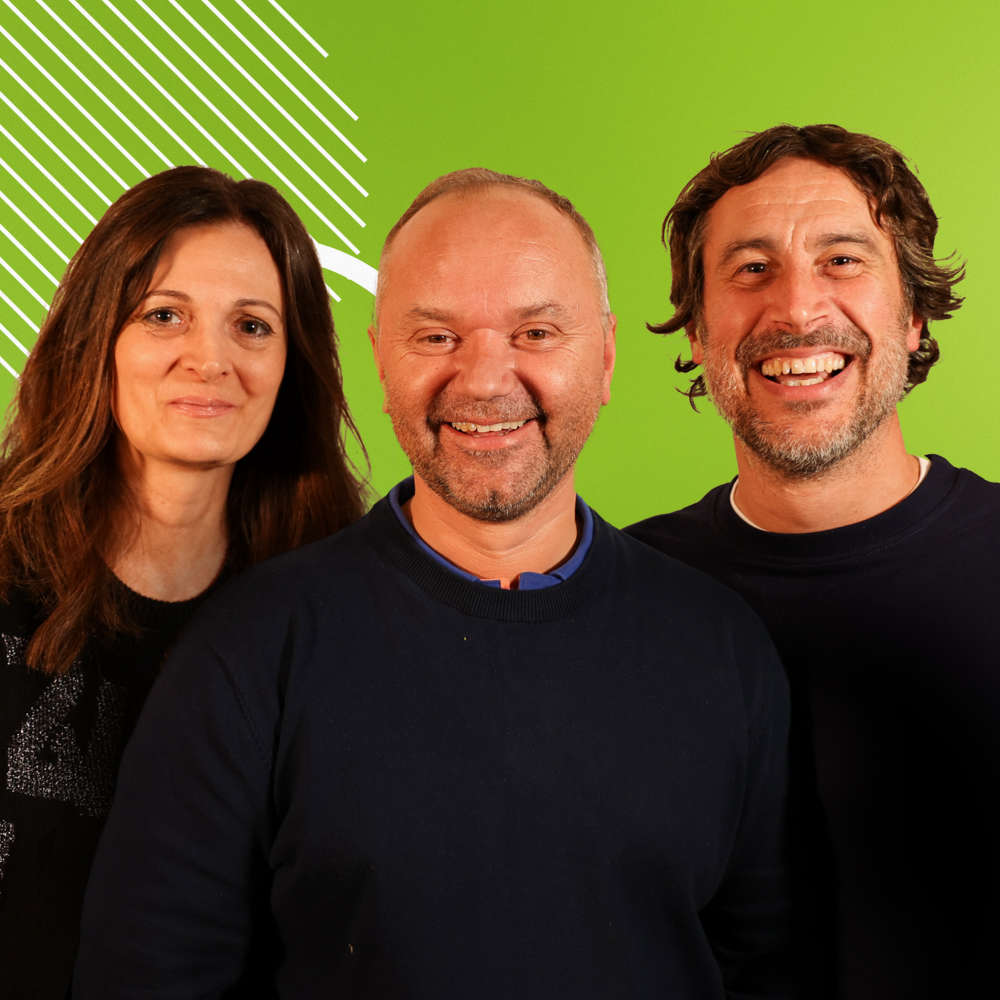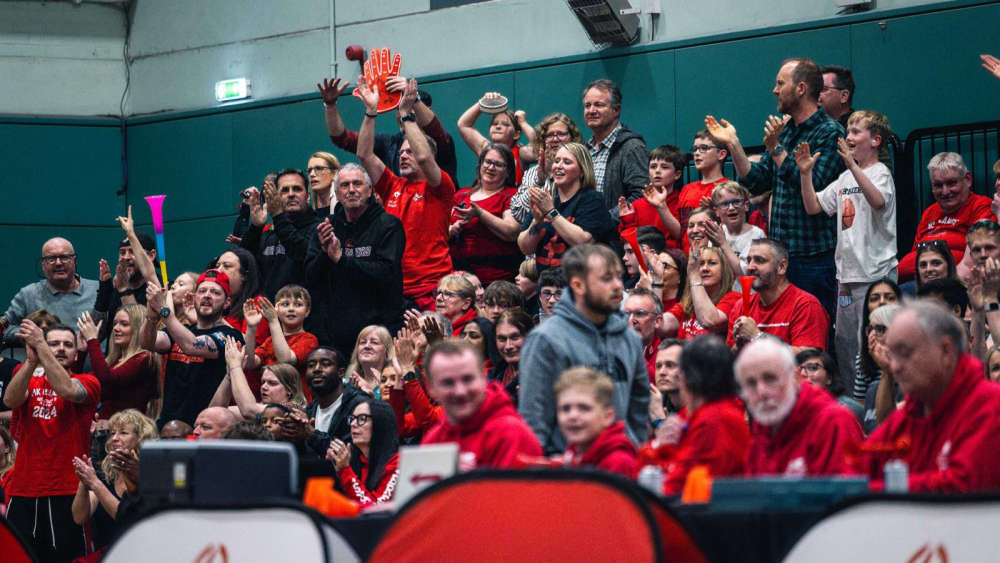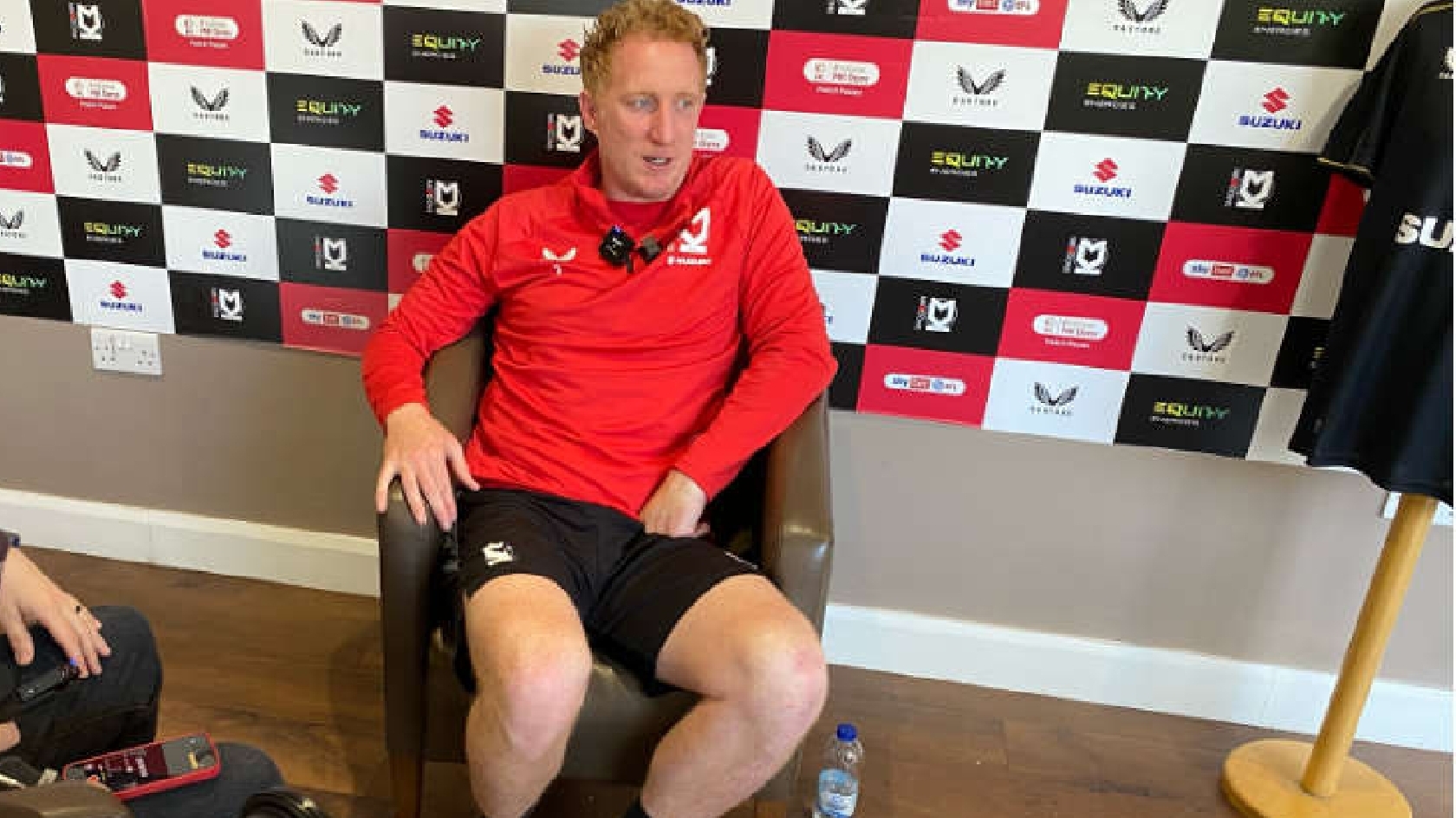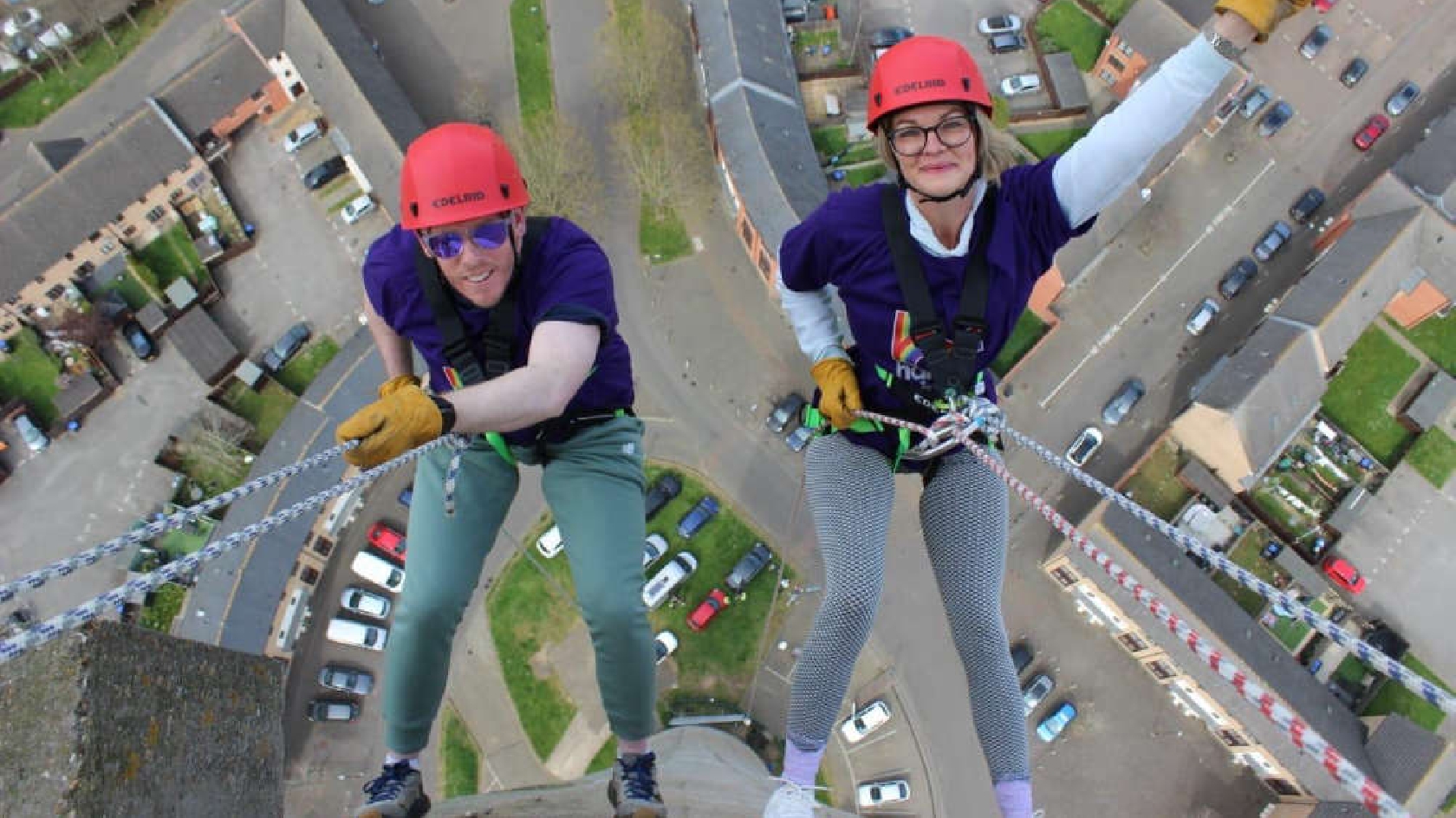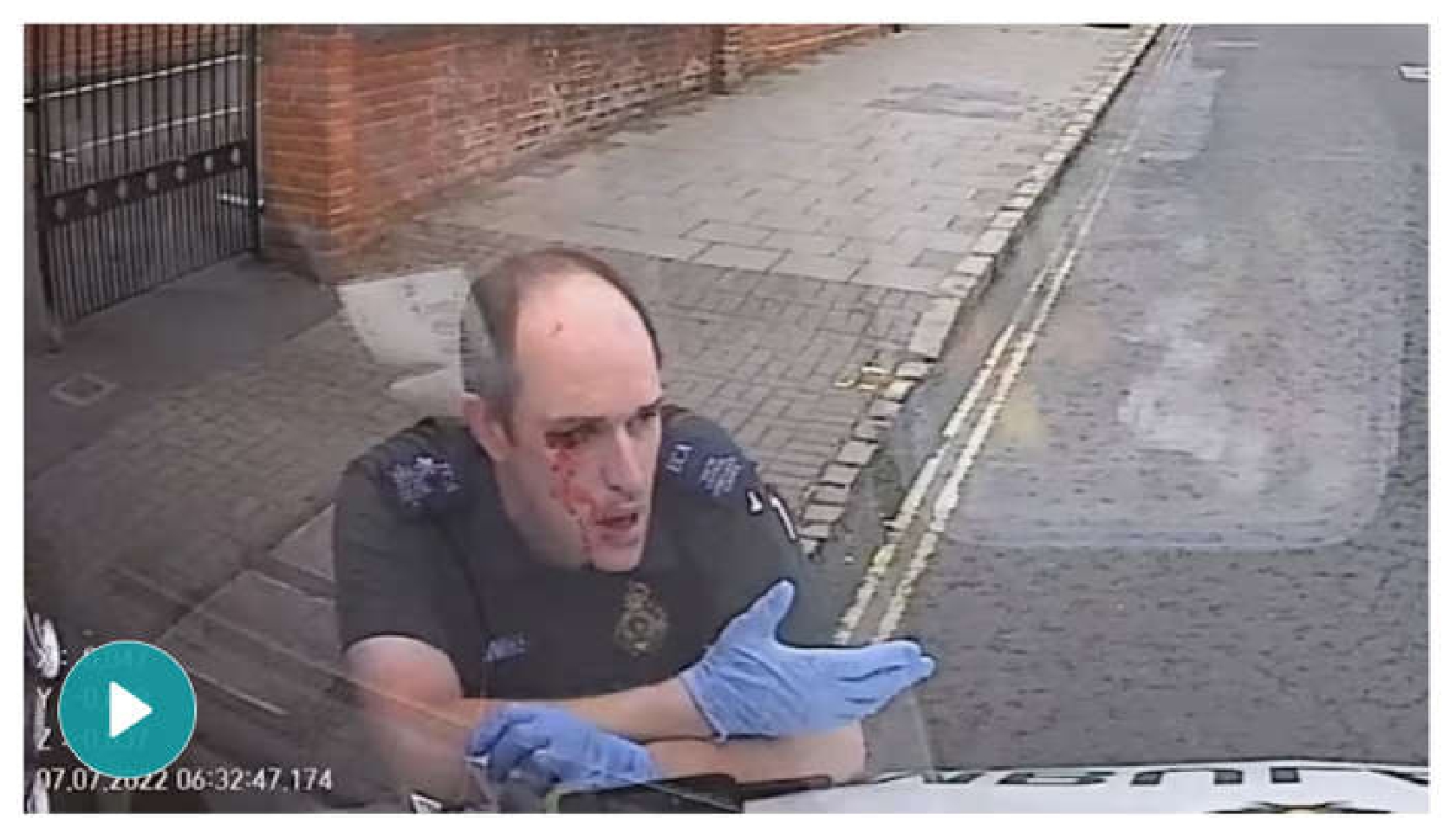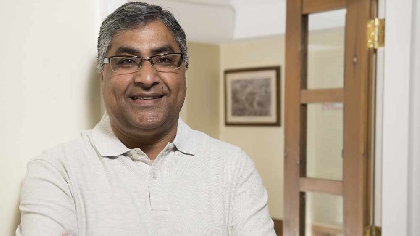
More than 3,500 people took part in research supported by an NHS organisation at Milton Keynes University Hospital NHS Foundation Trust (MKUH) in 2016/17, new figures show.
Some 3,694 people participated in research at the trust, which runs Milton Keynes University Hospital, in studies supported by the NIHR Clinical Research Network Thames Valley and South Midlands (CRN).
The CRN provides support and staff to help research trials to be set up and delivered in the NHS, in hospitals and other settings, including GP surgeries.
There were 54 CRN-supported studies at the trust in 2016/17 involving specialities such as cancer, cardiology, diabetes and stroke.
A further 13 studies took place in other NHS providers such as GP surgeries involving 206 people.
The NHS supports research by asking patients and healthy volunteers if they wish to take part in trials to enable participants to access new treatment and care options, with the overall aim of improving the treatment and care provided by the NHS.
Dr Attila Kardos, co-R&D Director, at MKUH, said: “Over the last 18 months research at MKUH has grown considerably with increasing numbers of patients participating in research.
“We have increased the number of interventional studies over the last 12 months and increased commercial research activity, opening new studies in cancer, diabetes and emergency care.
“The trust has established collaborations with neighbouring universities in Buckingham and Milton Keynes to strengthen and grow research, developing new technologies in healthcare and helping improve patient safety on discharge from hospital.
“The enthusiasm of all those involved in research at MKUH, is reflected in the increased research activity and recruitment of patients, improving our patients’ experience and outcomes.”
Among those who have taken part in research is Rabinder Dawett, 57, of Newport Pagnell, who has participated in two diabetes trials since being diagnosed with type 2 diabetes aged 28.
Mr Dawett lost his mother Kanta Devi to a heart attack as a result of complications from the lifelong condition, which causes a person's blood sugar level to become too high.
He said: “When chatting to my GP, I told him that I wished I could have done something more for my mother in supporting her with diabetes.
“He asked me if I was willing to help other people in the same condition by supporting research and I said yes.”
This led to Mr Dawett taking part in the “ASCEND: A Study of Cardiovascular Events iN Diabetes” study at the University of Oxford, from 2007 to 2017.
The study asked one group of participants to take an asprin or placebo (a dummy pill) each day and another group to take one gram capsules containing naturally occurring omega-3 fatty acids ("fish-oils") or a placebo each day. Participants were not told which they were taking and completed questionnaires about their health.
If favourable results emerge, this could lead to a change in practice with widespread use of these treatments for diabetes, and possible prevention of large numbers of heart attacks, strokes and cancers.
Mr Dawett also took part in a study at MKUH in 2015 called “Evaluation of FreeStyle Libre Pro for Individuals with Insulin Managed Type 2 Diabetes in Primary and Secondary Care”.
This involved wearing a disposable sensor which was inserted under the skin on the upper arm to record data about glucose levels over 14 days.
This allowed doctors and nurses to download glucose data and create reports using a handheld reader.
Mr Dawett said: “I would say it’s really important to take part in research because it can indirectly help you as an individual and, most importantly, you are making a contribution to research where thousands of other people can benefit.” For example, he said he found himself eating better and taking his medication to a rigid schedule during the sensor trial to ensure the data he was providing was as useful as possible.
He said: “During that time, my diabetes actually improved. I was quite surprised and the consultant and research nurses were over the moon.”
Prof Belinda Lennox, Clinical Director of the LCRN, said: “These great league table results show that more people than ever before are taking part in research in our region. “I want to thank all the patients and members of the public that have given up their time for clinical research. It is only thanks to their altruism that we can develop the lifesaving treatments that we need, and improve the services that we offer in the NHS.”
Patients are also encouraged to ask their doctor about research opportunities and can search for trials seeking volunteers at The UK Clinical Trials Gateway at www.ukctg.nihr.ac.uk.
